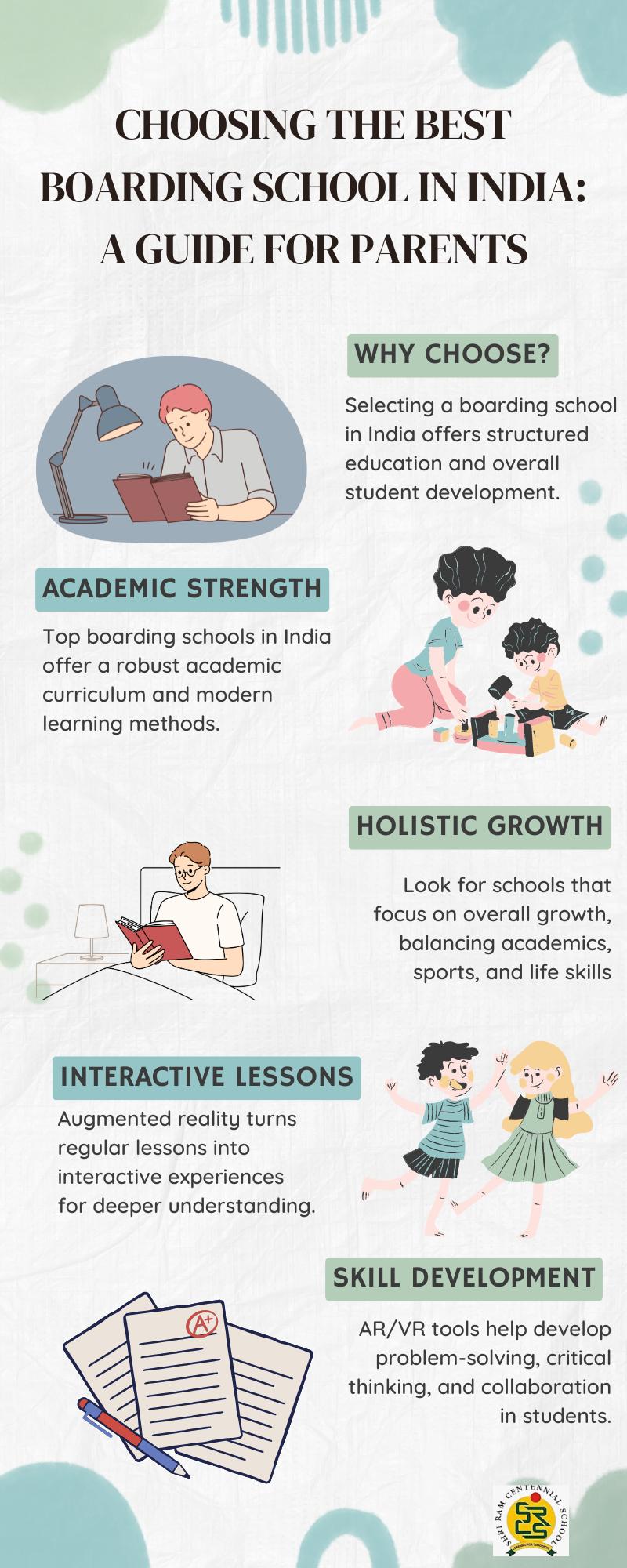In the competitive landscape of college admissions, where academic excellence is often a baseline requirement, extracurricular activities have emerged as a pivotal differentiator for aspiring students. This analytical exploration delves into the multifaceted role that these activities play in shaping a successful college application. Beyond mere participation, extracurricular involvement provides a window into an applicant’s passions, leadership potential, and commitment to personal growth. By examining how admissions committees evaluate these experiences, this article seeks to illuminate the strategic importance of extracurriculars in crafting a compelling narrative that resonates with selection panels. As we unravel the nuanced impact of these activities, it becomes evident that they are not just supplementary embellishments but essential components that can tip the scales in a student’s favor, transforming a good application into an exceptional one.
Understanding the Impact of Extracurricular Involvement on College Admissions
In the competitive landscape of college admissions, extracurricular activities play a pivotal role beyond mere academic achievement. Admissions officers seek students who not only excel in academics but also demonstrate a well-rounded character and leadership potential. By participating in extracurriculars, students exhibit qualities such as commitment, teamwork, and time management, which are crucial for thriving in a college environment. A diverse range of activities, from sports to music to volunteering, can significantly enhance a student’s application by providing a holistic view of their interests and capabilities.
- Leadership Roles: Taking on leadership positions in clubs or organizations showcases initiative and the ability to guide others.
- Community Engagement: Volunteering demonstrates empathy and a willingness to contribute to society, aligning with many institutions’ values.
- Skill Development: Extracurriculars often help in honing skills that are not taught in the classroom, such as public speaking or strategic thinking.
- Passion Projects: Consistent involvement in a particular interest area reflects dedication and passion, qualities that colleges value highly.
Ultimately, the strategic selection and genuine commitment to extracurricular activities can set applicants apart, illustrating a narrative of personal growth and potential that academic records alone may not convey.

Analyzing the Balance Between Academics and Extracurriculars for Optimal Outcomes
Striking the right equilibrium between academics and extracurricular activities can significantly enhance a student’s profile for college admissions. On one hand, academic excellence remains a crucial component, as it showcases a student’s ability to handle rigorous coursework and intellectual challenges. On the other hand, extracurricular activities offer a unique avenue to demonstrate qualities such as leadership, teamwork, and time management, which are highly valued by admission committees.
To achieve optimal outcomes, students should focus on a few key strategies:
- Quality over quantity: It’s more impactful to deeply engage in a few activities rather than superficially participating in many. Colleges look for commitment and growth over time.
- Relevance and passion: Select activities that align with personal interests and future academic goals. Passion-driven pursuits are more likely to lead to meaningful achievements.
- Leadership roles: Taking on leadership positions can demonstrate initiative and the ability to inspire and guide others, adding a compelling dimension to applications.
- Balance and prioritization: While involvement is important, maintaining strong academic performance should remain a priority. Students must learn to manage their time effectively to avoid burnout.
By carefully balancing these elements, students can create a well-rounded application that highlights both their academic prowess and their dynamic contributions beyond the classroom, thereby enhancing their chances of admission success.

Evaluating the Qualitative Benefits of Diverse Extracurricular Engagement
Engaging in a diverse array of extracurricular activities offers numerous qualitative benefits that significantly bolster a student’s profile in college admissions. Beyond academic performance, colleges seek individuals who demonstrate initiative, leadership, and a capacity to contribute to the campus community. Participation in a variety of activities not only showcases a student’s ability to manage multiple responsibilities but also highlights their commitment to personal growth and community involvement.
Key qualitative benefits include:
- Leadership Skills: Taking on roles such as club president or team captain illustrates a student’s ability to lead and inspire peers.
- Teamwork and Collaboration: Activities like sports or theater teach students how to work effectively with others towards a common goal.
- Cultural Awareness and Empathy: Involvement in diverse clubs, such as cultural or service organizations, fosters an understanding of different perspectives.
- Resilience and Adaptability: Balancing various commitments requires flexibility and problem-solving skills, traits highly valued by admissions committees.
These attributes, cultivated through diverse extracurricular engagements, provide students with a competitive edge, painting a holistic picture of their potential to thrive in a college environment.

Strategic Recommendations for Enhancing College Applications Through Extracurricular Activities
- Diversify Your Interests: Colleges appreciate students who demonstrate a wide range of interests. Engage in various activities that showcase your adaptability and willingness to step out of your comfort zone. Whether it’s sports, arts, community service, or academic clubs, diversifying your extracurricular profile can make you stand out.
- Commit to a Few Key Activities: While it’s important to explore different areas, focusing on a few key activities where you can take on leadership roles is crucial. This demonstrates dedication and the ability to commit deeply to your passions. Leadership positions highlight your potential to contribute positively to the campus community.
- Align with Your Academic Interests: Choose extracurriculars that complement your intended field of study. If you’re interested in engineering, join the robotics club or participate in science fairs. This alignment shows colleges your genuine interest and commitment to your academic pursuits.
- Document Your Achievements: Keep a detailed record of your roles, responsibilities, and achievements in each activity. This documentation will be invaluable when crafting your college applications, allowing you to provide specific examples of your impact and growth.
- Seek Out Unique Opportunities: Engage in activities that are less common but align with your interests. Whether it’s starting your own initiative or participating in niche competitions, unique experiences can make your application memorable and demonstrate your innovative spirit.



